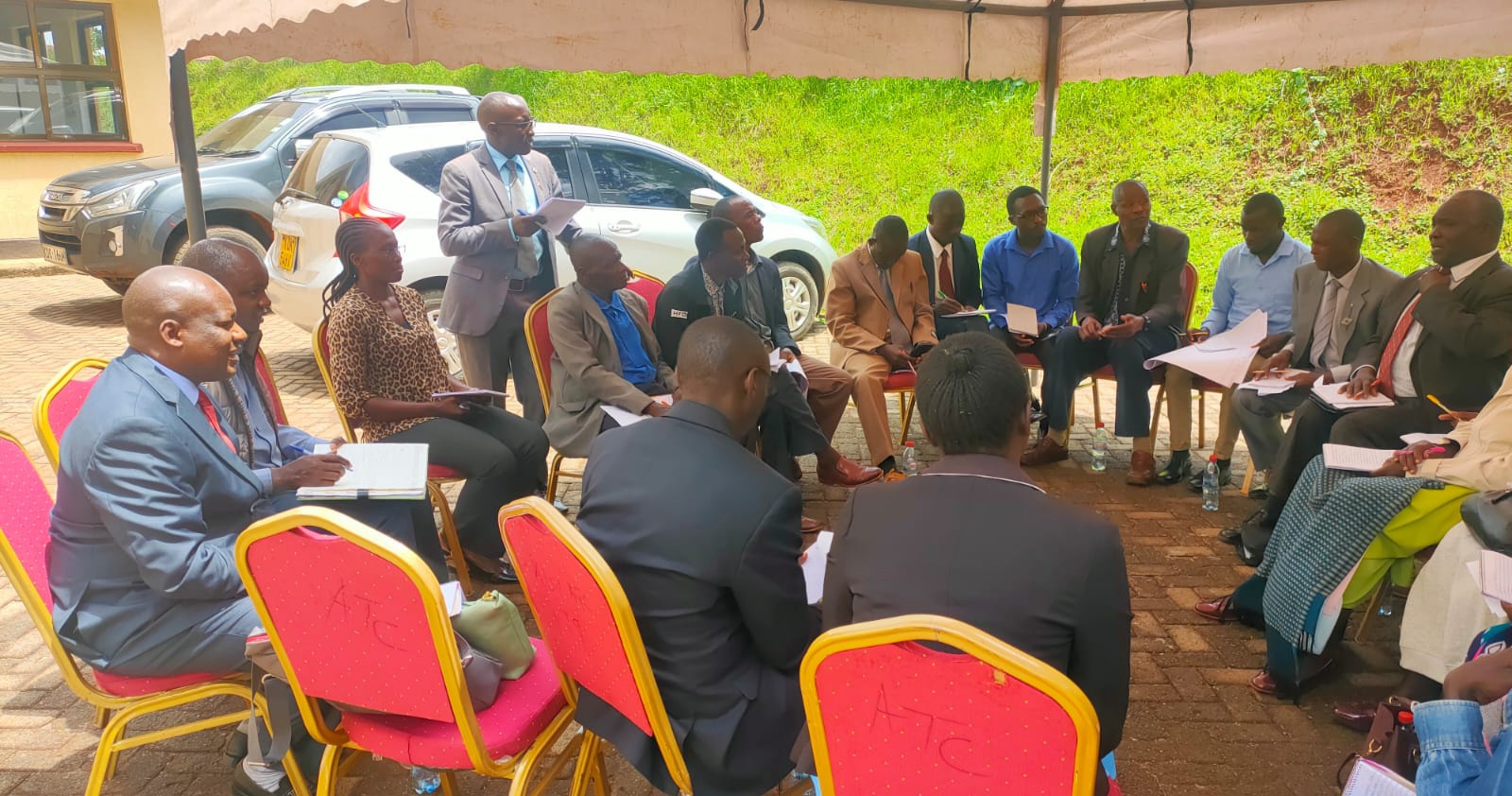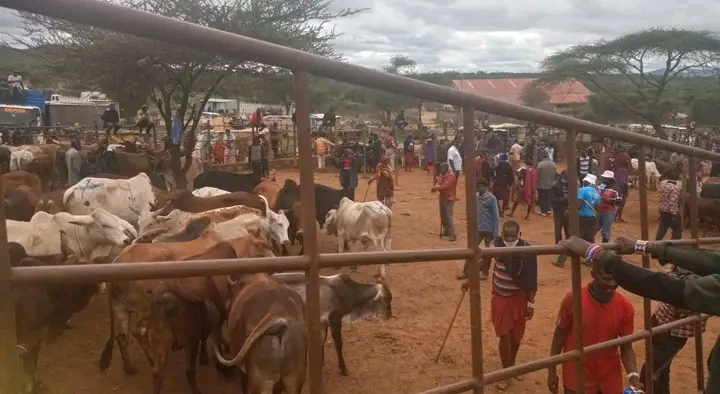The National Treasury has conducted public participation in Kisii County to collect the views of the residents regarding the 2024/25 – 2026/27 medium-term budget.
Led by State Department for Fisheries, Aquaculture, and Blue Economy Secretary Administration, Allan Machari, the team sought to document the key sectors the residents wanted to be prioritised in the budget.
Machari said the exercise marks a significant milestone in the history of budget making in the country since the last consultation at the grassroots level was done during the preparation of the 2011/2012 budget.
He noted the government has previously been conducting public publication in the budget process mainly at the national level during the launch of the budget process and the public sector hearings.
“It is my hope that the outcome of this forum will foster a sense of ownership and belonging of our budget process among our systems,” Machari said.
Notably, he pointed out the budget will focus on the implementation of the Bottom-Up Economic Transformation Agenda (BETA) and inclusive growth that aims to increase investment in five sectors.
The sectors include agricultural transformation, Micro-Small and Medium Enterprises(MSMEs), housing, healthcare and digital superhighway, and creative industry, all with a high potential impact on the economy as well as household welfare.
The Team Leader added the shared commitment would drive the country forward by enabling the government to deal with the challenges and seize opportunities with vigour and purpose.
He reiterated the government’s role in fostering transparency and accountability as it holds decisions to the highest standards by ensuring the actions align with the needs and desires of the people they serve.
Machari pointed out that the involvement of the public in the budgeting process will strengthen the trust between government and citizens hence capturing a more harmonious and effective governance structure.
Kisii County Commissioner Tom Anjere said the budget is a key instrument for the execution of government economic policies and reflects the government’s priorities, shared values, and a vision for a better tomorrow.
Anjere noted that public participation is an essential component of a healthy and vibrant democracy that ensures the decisions made in the forum are informed, just, and representative of the diverse voices that make up our society.
“We must acknowledge that inclusivity is the cornerstone of public participation and therefore, we must seek out and engage those whose voices have been marginalized or remain unheard in the past,” added the CC.
In agriculture, some of the proposals by the participants included the continuous supply of subsidised fertiliser, improved cattle and poultry breeds for farmers and employment of Agricultural extension officers.
The residents also requested the construction of the soapstone factory for value-addition, a sugar factory, partnerships with agricultural investors, and the operationalisation of the Kiamokama cooler plant among others under the trade and industry sector.
Under the education sector, the residents proposed the additional employment of teachers, improvement of school infrastructure and additional special needs schools to cater for special needs students among others.
The budget-making process is anchored in the Constitution of Kenya 2010 and the Public Finance Management Act 2012.
As such, preparing the budget for the financial year 2024/2025 and the medium-term budget was launched on August 15 2023, in line with Article 220 of the Constitution and sections 35 (e) and 36 of the Public Finance Management Act of 2012.
Public participation, good governance, integrity, transparency, accountability, and sustainable development are some of the key national values and principles of government recognized in Article 10 of the Constitution.
Further, Article 201 (a) reiterates the need for openness, accountability, and public participation in financial matters.


